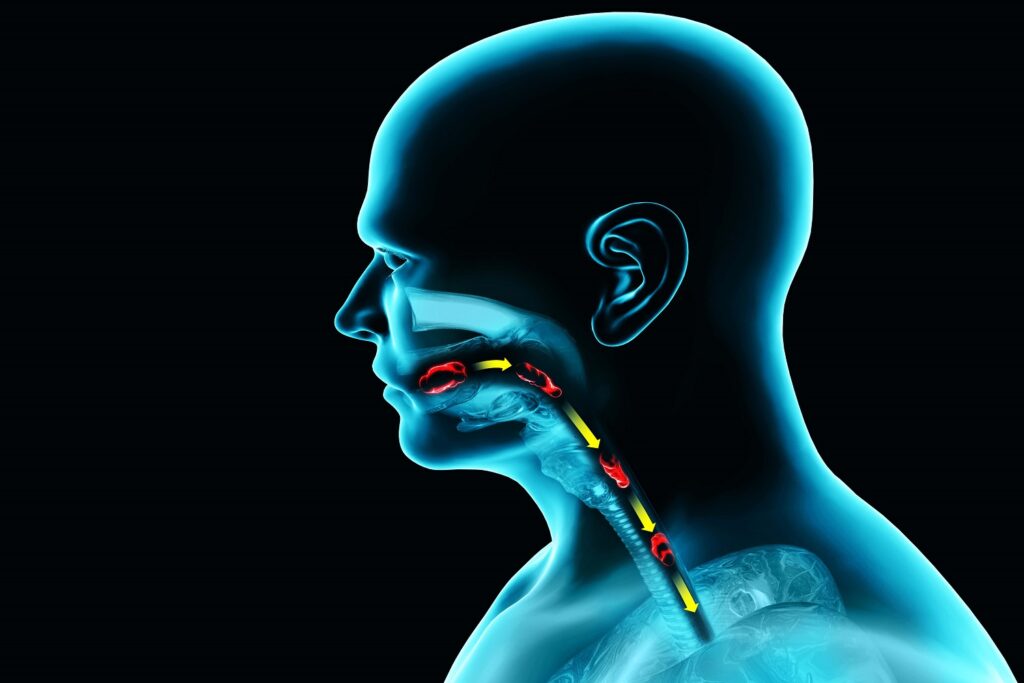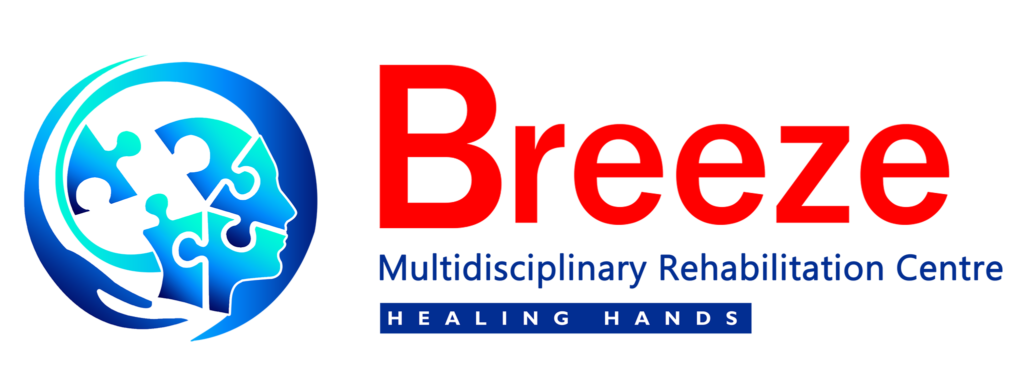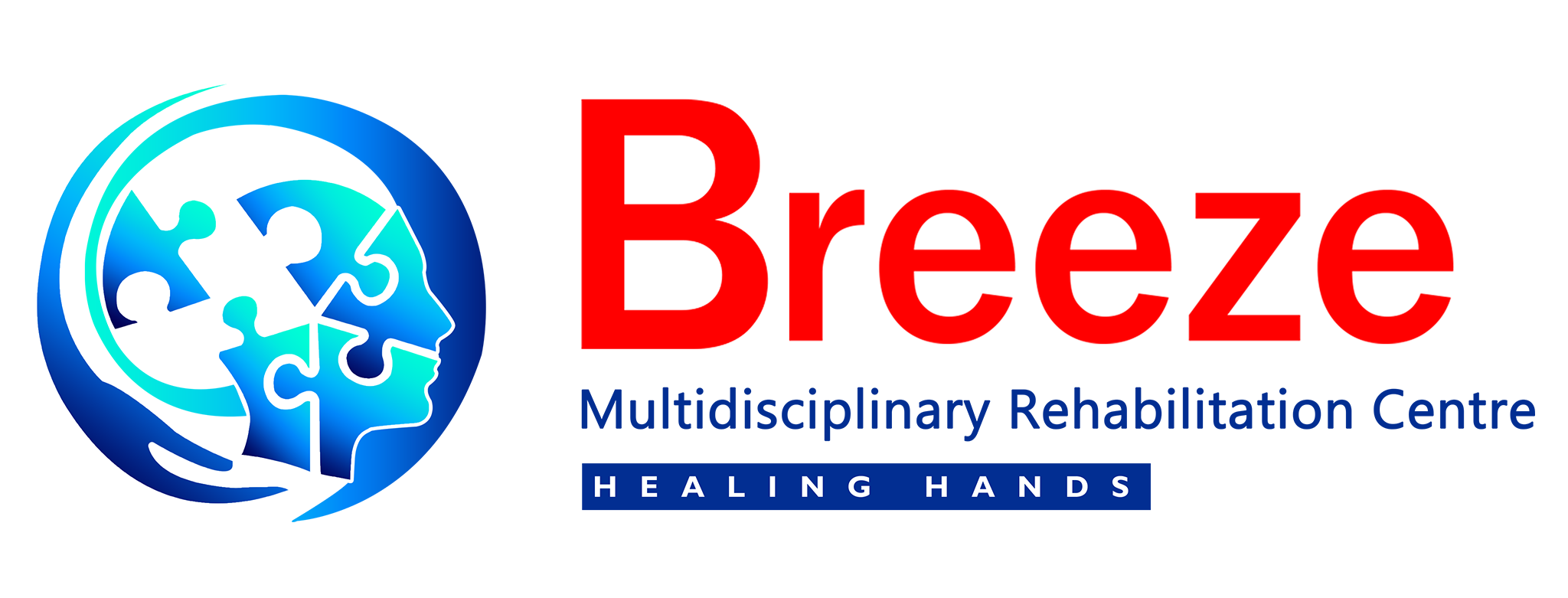
Dysphagia
The neurological dysphagia refers to the difficulty to swallowing that it can be of a lesion or neurological illness. Major symptoms and complications of that derive of a neurological dysphagia are due to the sensory-motive alteration of the oral and pharyngeal phase of the deglution. It means that the neurological dysfunction of the oral cavity and/ pharynx it can interrupt the muscular actions that are usually good to pass the skittle from the oral cavity to the esophagus without penetrating or obstruction in the nasopharinx or in the larynx. Some neurological illnesses/conditions alter as much the function esophagic as the oro-pharyngeal, but in most of the cases the problems are the more clinical predominance such as those related with the Oro-pharyngeal dysphagia we can see in patients with cerebral palsy, stroke traumatic brain injury other neurological disorders.
Prognosis
The prognosis depends upon the type of dysphagia/swallowing problem and the course of the neurological disorder that produces it. In some cases, swallowing can be partially or completely corrected using diet manipulation or non-invasive methods. In others cases, especially when the dysphagia is causing aspiration and preventing adequate nutrition and leading to weight loss, so it may require aggressive intervention such as a feeding tube like ryeles tub e peg tube. For those with progressive degenerative neurological disorders, dysphagia/swallowing will be only one in a cluster of symptoms and disabilities that have to be treated.

